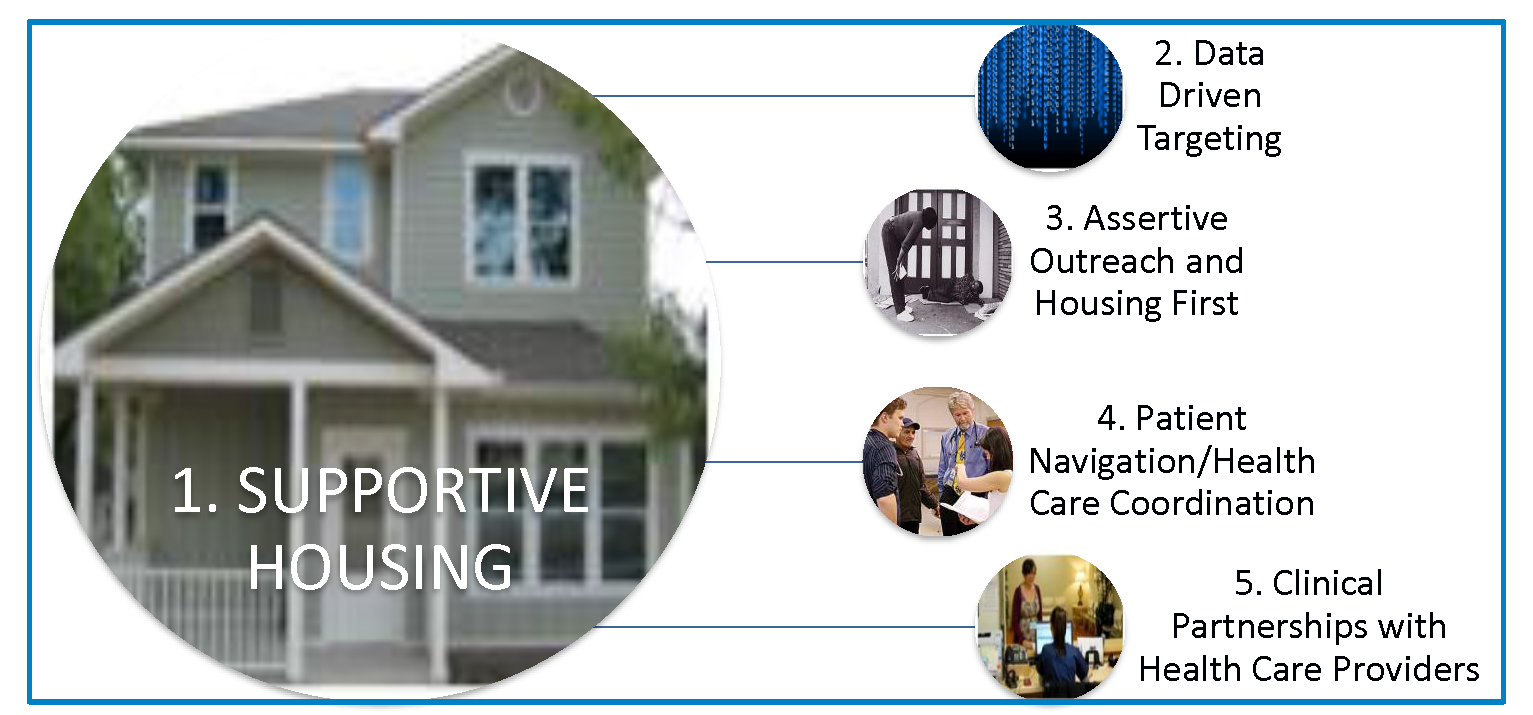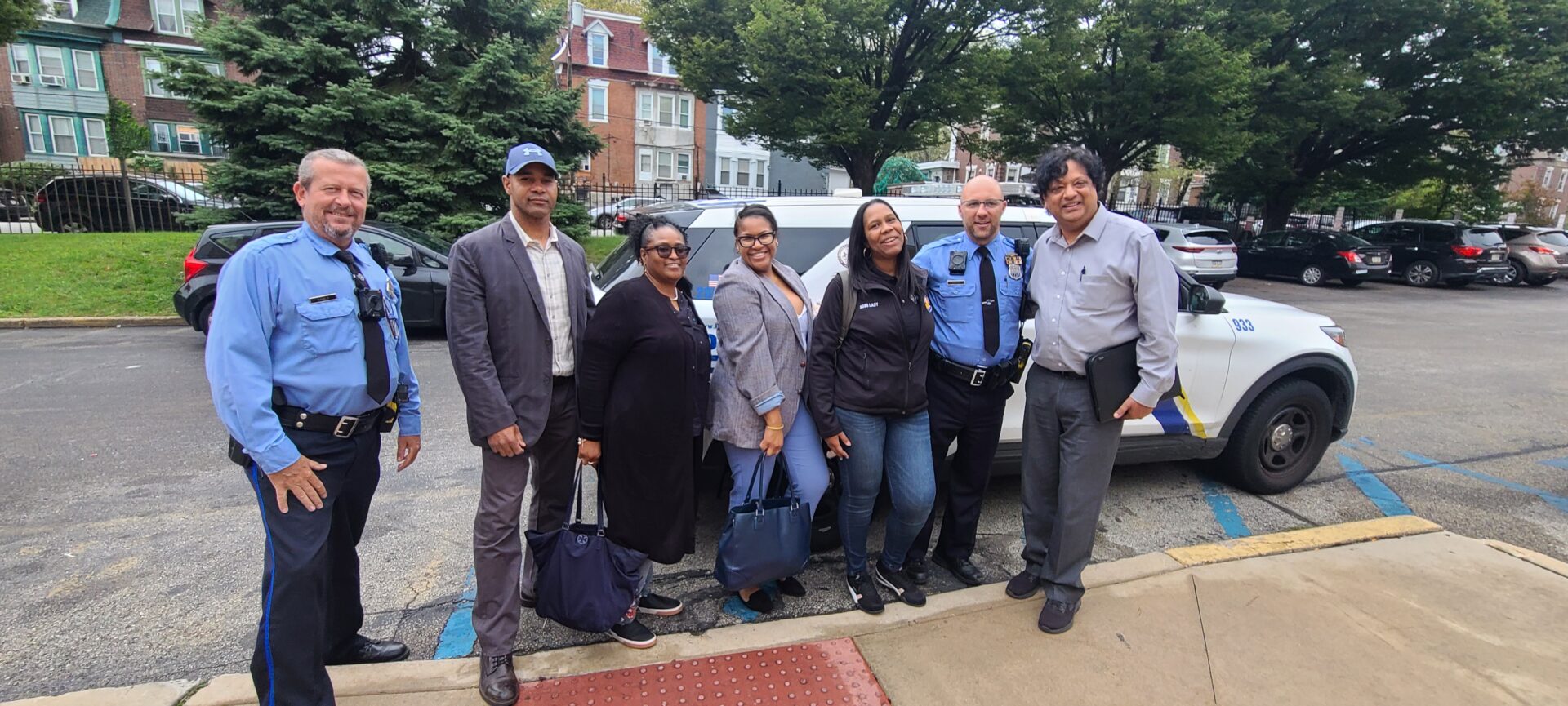Spurred by investments from the Corporation for National and Community Service, CSH has been leading a five-year national demonstration to create and evaluate supportive housing for healthcare’s highest need, highest cost beneficiaries experiencing homelessness. An evaluation of that demonstration now examines the theory that when individuals with significant health costs who also experience homelessness are identified and have access to affordable housing and wrap around services, they will experience increased housing stability and improved health, and decrease the use of costly, crisis health care services.
A five year Randomized Control Trial (RCT) evaluation of CSH-SIF has been conducted by an interdisciplinary team of researchers from New York University, led by Principal Investigator Beth C. Weitzman, PhD. This evaluation is the first RCT evaluation of a national supportive housing demonstration of this scale.
Through the CSH Social Innovation Fund Initiative (CSH-SIF) nonprofits in four communities are implementing an enhanced supportive housing model. Programs across all four demonstration sites encompass the following five elements found to be essential to the achievement of Initiative goals:
With an initial target of housing 549 people nationally, all four CSH-SIF sites far exceeded their original targets.
| Total Number Housed by CSH-SIF
|
Housing Retention Rate
Based on program data |
Primary Health Insurance Retention Rate
Based on program data |
|
726 |
86% |
93% |
The New York University evaluation contains several key components to assess both program implementation and impacts across sites, including a series of visits to all program sites, a pre/post participant survey, and cost effectiveness and impact analyses.



